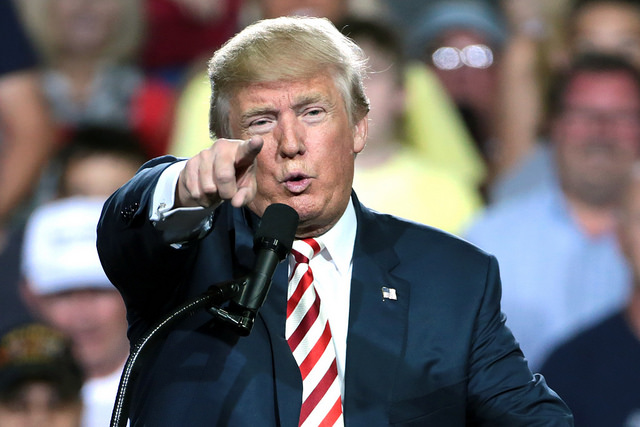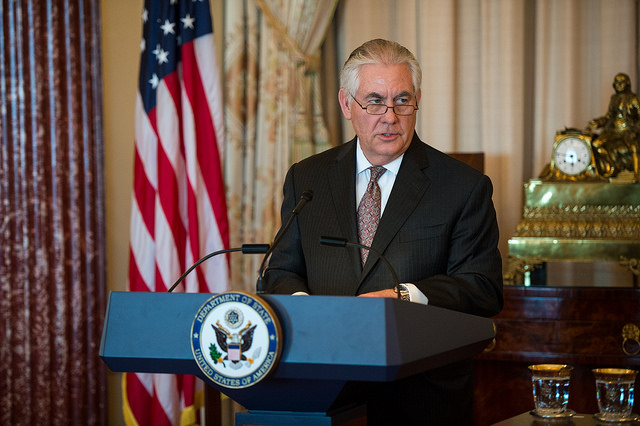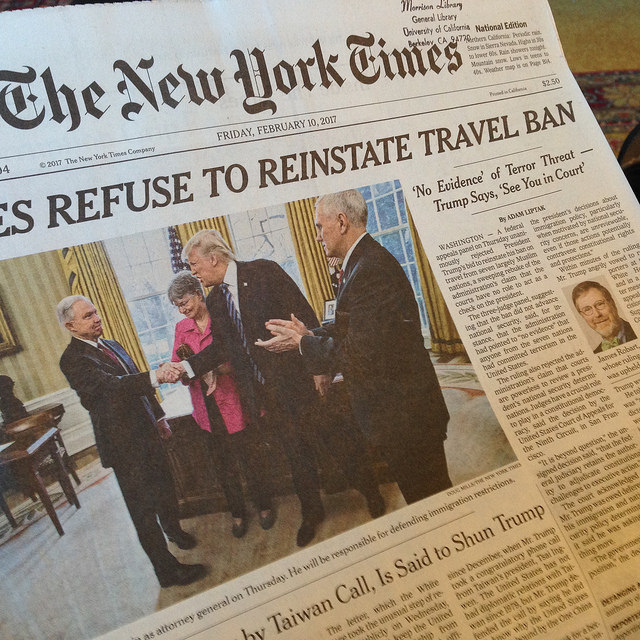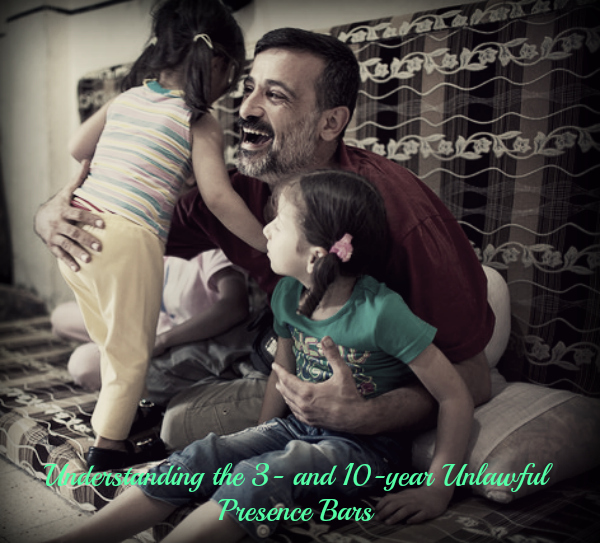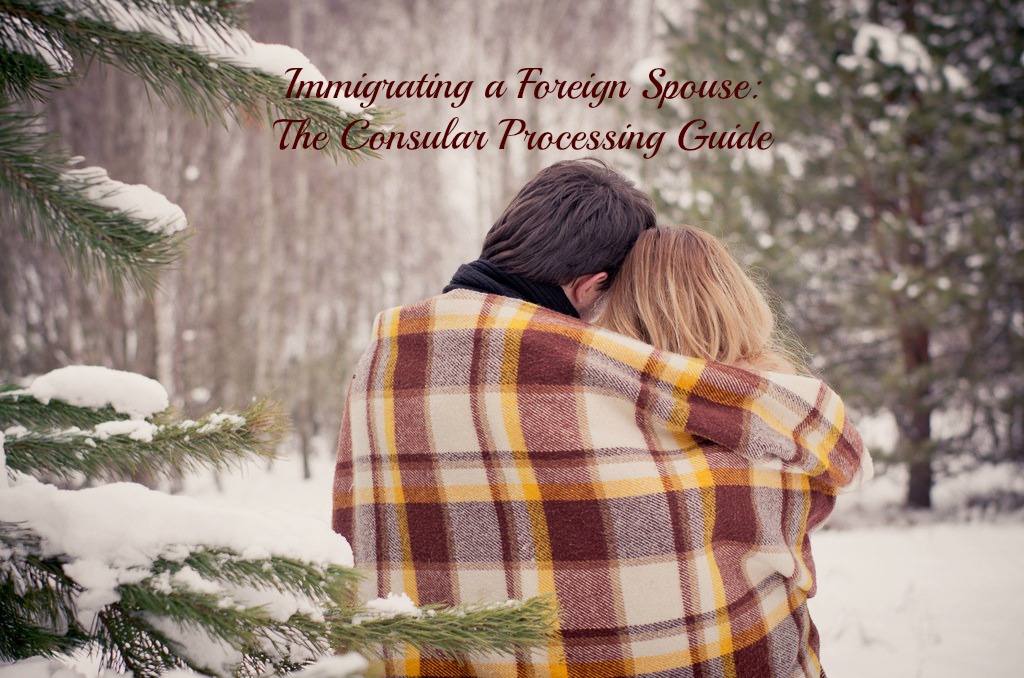Just one day before Presidential Proclamation No. 9645, “Enhancing Vetting Capabilities and Processes for Detecting Attempted Entry Into the United States by Terrorists or Other Public-Safety Threats,” was set to go into effect, a federal judge in Hawaii issued a ruling blocking portions of the Presidential Proclamation from being enforced on a majority, but not ALL, of the countries, listed in the Proclamation.
The Presidential Proclamation, commonly referred to in the media as ‘travel ban 3.0’ set out to suspend the entry of foreign nationals from eight “countries of identified concern,” and the admission of foreign nationals from those countries was to remain limited until further notice.
The countries to be affected by travel ban 3.0 included: Chad, Iran, Libya, North Korea, Syria, Venezuela, Yemen, and Somalia. A federal judge from the state of Hawaii by the name of Derrick Watson has granted a temporary restraining order preventing the government from suspending the admission of foreign nationals from the following countries: Chad, Iran, Libya, Syria, Yemen, and Somalia, but DOES NOT prevent the government from suspending the admission of foreign nationals from North Korea and Venezuela, and from imposing stricter screening standards on Iraqi nationals. The restrictions on foreign nationals from North Korea, Venezuela, and Iraq will continue to be enforced according to the Proclamation, beginning today, Thursday, October 19, 2017. Restrictions on North Koreans and Venezuelans will likely remain indefinitely, given that the U.S. government has no formal diplomatic avenues for communication with those countries.
Judge Derrick Watson wrote in his opinion that the latest revision of the ban, “suffers from precisely the same maladies as its predecessor,” and “lacks the sufficient finds that the entry of more than 150 million nationals from [the] specified countries would be ‘detrimental to the interests of the United States,” and “plainly discriminates based on nationality.”
 Visa Lawyer Blog
Visa Lawyer Blog



